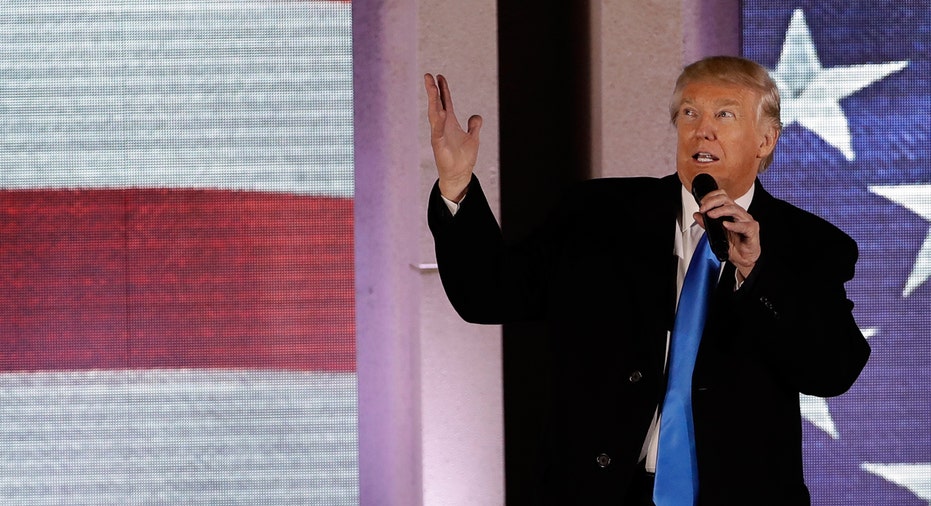President Trump Follows Through on Trade Promise

The boundary that for decades had separated Republicans from Democrats over trade policy was erased on Monday when President Donald Trump formally withdrew from a 12-nation trade pact and GOP lawmakers who had fought hardest for the agreement muted their disappointment with their own party's president.
House Speaker Paul Ryan (R., Wis.) said that Mr. Trump "is wasting no time acting on his promises" and that "we look forward to working with the president to build on these actions." It was a notable moment because Mr. Ryan was a leading proponent of the Trans-Pacific Partnership and less than two years ago had helped drive through Congress legislation to speed approval of the agreement.
Republican Sen. John McCain of Arizona, one of the few Republicans to forcefully challenge some of Mr. Trump's proposals since the November elections, stood nearly alone among the GOP lawmakers who have supported the trade pact to openly say that Mr. Trump was making a mistake.
"This decision will forfeit the opportunity to promote American exports, reduce trade barriers, open new markets and protect American invention and innovation," Mr. McCain said in a statement. "It will create an opening for China to rewrite the economic rules of the road at the expense of American workers."
After the elections, leading Senate Republicans had tried to persuade Mr. Trump to go ahead with the Trans-Pacific Partnership. But by this month, they appeared to acknowledge that their efforts were a lost cause.
Among the most disappointed constituencies are farm states, which had hoped the 12-nation trade pact would open new markets for crops whose prices have eroded.
"I think it's a missed opportunity, and I'm sorry about that," Senate Agriculture Committee Chairman Pat Roberts (R., Kan.) told reporters earlier this month. He had told Vice President Mike Pence that drawing up new, bilateral agreements would take a long time and be less efficient than approving a larger trade agreement that would have covered about 40% of the world's economy.
The next steps aren't clear. Some Republicans have been trying to lay the groundwork for new bilateral deals, which Mr. Trump has said he prefers to multination trade pacts.
Senate Finance Committee Chairman Orrin Hatch (R., Utah), whose committee has jurisdiction over trade policy, had told reporters in December that he might try to press the Trump administration to initiate a trade deal with Japan, which was one of the signatories to the 12-nation deal.
House Ways and Means Committee Chairman Kevin Brady (R., Texas), whose panel oversees trade policy in the House, said in a statement that the trade pact "contains considerable benefits for the U.S. economy -- but it fell short in other ways."
He said that Congress didn't have the votes to ratify the trade deal last year, a proposition that was never tested because the Obama administration never submitted the trade deal to Congress for approval.
"It's important that America not abandon the Asia-Pacific region, because American companies and workers will lose out," Mr. Brady said. "I urge the Trump administration to build on the work that has been done, identify what should be improved, and act quickly on a strategy that creates more economic opportunities for America in that region."
Sen. Chuck Schumer of New York, the top Senate Democrat, suggested that Mr. Trump's announcement lacked significance.
"TPP was dead long before President Trump took office," Mr. Schumer said in a statement. "We await real action on trade."
House Minority Leader Nancy Pelosi (D., Calif.) said it largely was Democratic opposition that kept the trade pact from becoming law.
"Democrats hope that today's largely symbolic action will be followed by more serious steps to raise wages and create more good-paying jobs for hardworking Americans," she said in a statement.



















